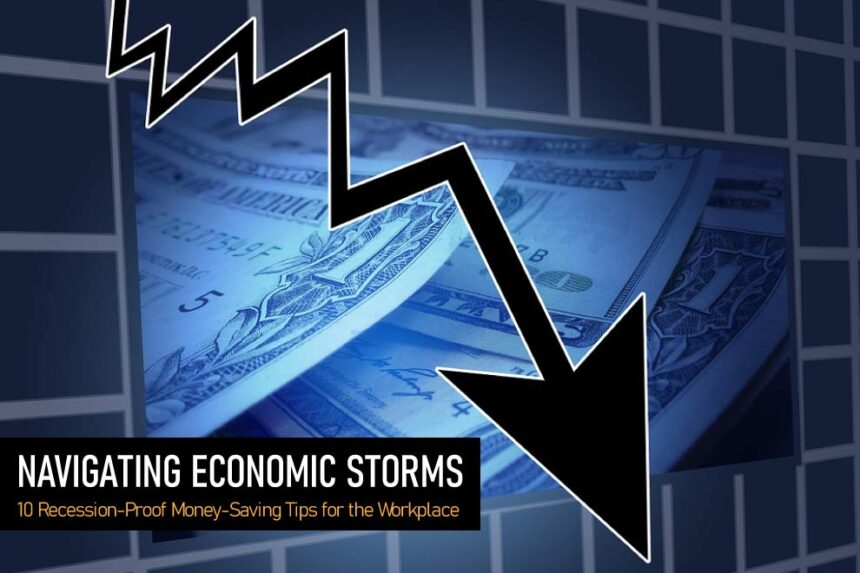In the tumultuous seas of economic downturns, small businesses often find themselves struggling to stay afloat. However, some enterprises seem to weather the storms better than others, emerging resilient even in times of recession. These recession-proof businesses possess certain characteristics and strategies that enable them to adapt, thrive, and sometimes even grow during challenging times.
- Niche Services and Products: Businesses catering to essential needs tend to fare better during recessions. Niche services or products, particularly those related to healthcare, food, and basic utilities, often see consistent demand regardless of economic fluctuations. For instance, healthcare providers, grocery stores, and utility services are prime examples of recession-resistant businesses.
- Cost-Effective Solutions: During tough economic times, consumers become more budget-conscious, seeking value for their money. Recession proof small businesses offering cost-effective solutions or affordable alternatives to mainstream products and services can carve out a niche for themselves. Discount retailers, thrift stores, and budget-friendly eateries are examples of businesses that thrive by providing value-driven offerings.
- Online and Remote Services: The digital landscape offers numerous opportunities for small businesses to adapt and thrive, even in recessionary environments. Businesses that can transition their services online or offer remote solutions often find themselves more resilient to economic downturns. From e-commerce platforms to remote consultancy services, businesses leveraging digital technologies have a competitive edge in uncertain times.
- Recession-Resilient Industries: Certain industries tend to remain relatively stable or even experience growth during recessions. These include healthcare, education, and repair services. Investing in businesses within these recession-resilient industries can provide a buffer against economic instability. For example, healthcare facilities, online learning platforms, and repair shops for essential appliances are likely to see sustained demand during downturns.
- Subscription-Based Models: Subscription-based businesses offer a steady stream of revenue, providing a degree of stability during economic downturns. By offering subscription services or memberships, businesses can establish a loyal customer base and ensure predictable income even when consumer spending is constrained. Subscription boxes, software-as-a-service (SaaS) platforms, and membership-based gyms are examples of businesses that benefit from this model.
- Frugal Innovation: Small businesses that innovate to offer more affordable or efficient solutions can thrive in recessionary environments. By streamlining operations, cutting unnecessary costs, and optimizing resources, these businesses can maintain profitability even when faced with economic challenges. Frugal innovation allows businesses to stay competitive while catering to the evolving needs of cost-conscious consumers.
- 7. Diversification and Flexibility: Diversifying revenue streams and remaining flexible in response to changing market conditions are key strategies for recession-proofing small businesses. Businesses that can adapt their offerings, explore new markets, or pivot their business models quickly are better equipped to withstand economic downturns. By remaining agile and responsive, small businesses can navigate uncertainties and seize emerging opportunities.
conclusion:
while no business is entirely immune to the effects of a recession, certain characteristics and strategies can significantly enhance a small business’s resilience during economic downturns. By focusing on essential needs, providing value-driven offerings, leveraging digital technologies, investing in recession-resilient industries, adopting subscription-based models, embracing frugal innovation, and remaining flexible and diversified, small businesses can position themselves to not only survive but thrive in challenging economic climates. Through strategic planning, adaptation, and innovation, small businesses can navigate the storms of recession and emerge stronger on the other side.


